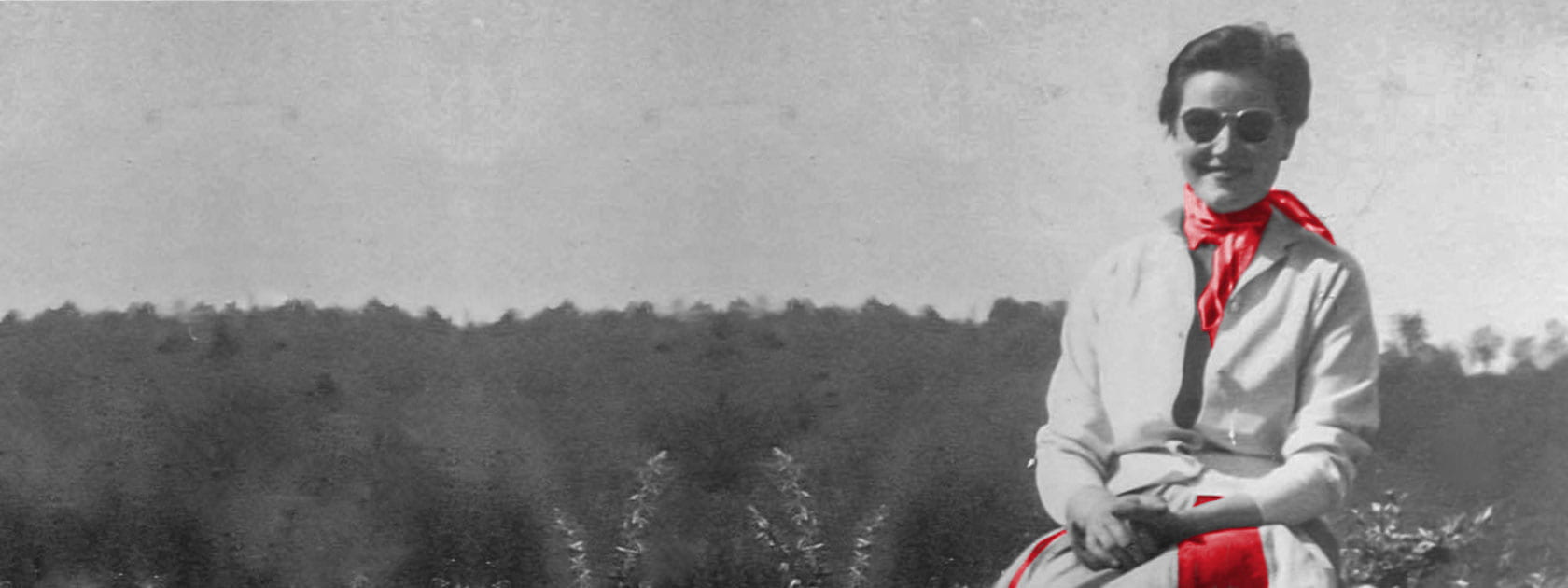Date
June 19, 2011
Maker
Columbus Centre
Accession#
ICEA2011.0043.0001
Interview With Sandra Corbo
Sandra Corbo was two years old and living in Toronto with her Scottish mother and Italian father, when two of her family members from Montreal were interned. Her uncle, Nicola Corbo, and grandfather, Achille Corbo, were interned at Camp Petawawa for 12 months and 23 months respectively. As a result, Sandra’s family was uprooted, with her parents having to move to Montreal to help the rest of the family. Sandra fondly recalls growing up in an Italian household, while she lived with her paternal grandmother for a short time. However, when her grandmother became sick and was hospitalized, Sandra’s world turned upside down. She was sent to an orphanage as her parents worked and could not afford to keep her. Since her grandfather, Achille, was one of the founders of the Sainte Giuseppe Orphanage, her parents believed that Sandra would be given extra care and attention. This was not the case as Sandra recalls the nightmares and fears that she endured as a child, stemming from her awful experience at the orphanage. In the interview, Sandra also touches on growing up in Montreal. She states that her uncle and grandfather were different men when they were released from camp. Likewise, she also comments how her family members – her aunt, her uncles, and her dad – were negatively affected by the internment of their father and brother. The internment experience proved to have negative, life-long effects on Sandra and shaped who she is today. She continues to do her part in educating the public and the younger generation about this event in Canadian history. She wishes that the Canadian government would send a certificate of exoneration – “of not guilty verdict” – to the families of those who were interned.
In this opening clip Sandra Corbo introduces herself and speaks about her family, describing her grandfather’s migration to Canada and the marriage of her parents.
Sandra Corbo speaks about her grandfather Achille Corbo and her uncle Nicola Corbo. In this clip she elaborates on her grandfather’s involvement in the Italian community in Montreal.
Sandra Corbo describes the arrest of her grandfather and uncle and the repercussions their arrests had on her family.
Sandra Corbo explains that although the men were not mistreated in the camp she found that her uncle came back from the camp a changed man.
Sandra Corbo speaks about her experience of being sent to live at an orphanage during the internment period due her family’s financial situation.
Sandra Corbo describes her life in the orphanage.
Sandra Corbo continues speaking about life in the orphanage and describes how she was treated by the nuns. She also goes on to describe her behaviour on her visits home.
Sandra Corbo speaks about the death of her grandmother during her grandfather’s internment. She explains that the family tried to get her grandfather released so that he could visit her in the hospital, but that his release was not granted in time.
In this clip Sandra Corbo speaks about the changes she noticed in her grandfather after his release from the internment camp.
Sandra Corbo speaks about the Casa d’Italia and mentions how her family donated gold to the Italian government prior to the war.
Sandra Corbo shares her opinion of what should be done to honour the Italian Canadians interned during WWII.
Sandra Corbo explains what it meant to be part of the fascio.
Sandra Corbo shares her feelings regarding the internment of her grandfather and uncle.



